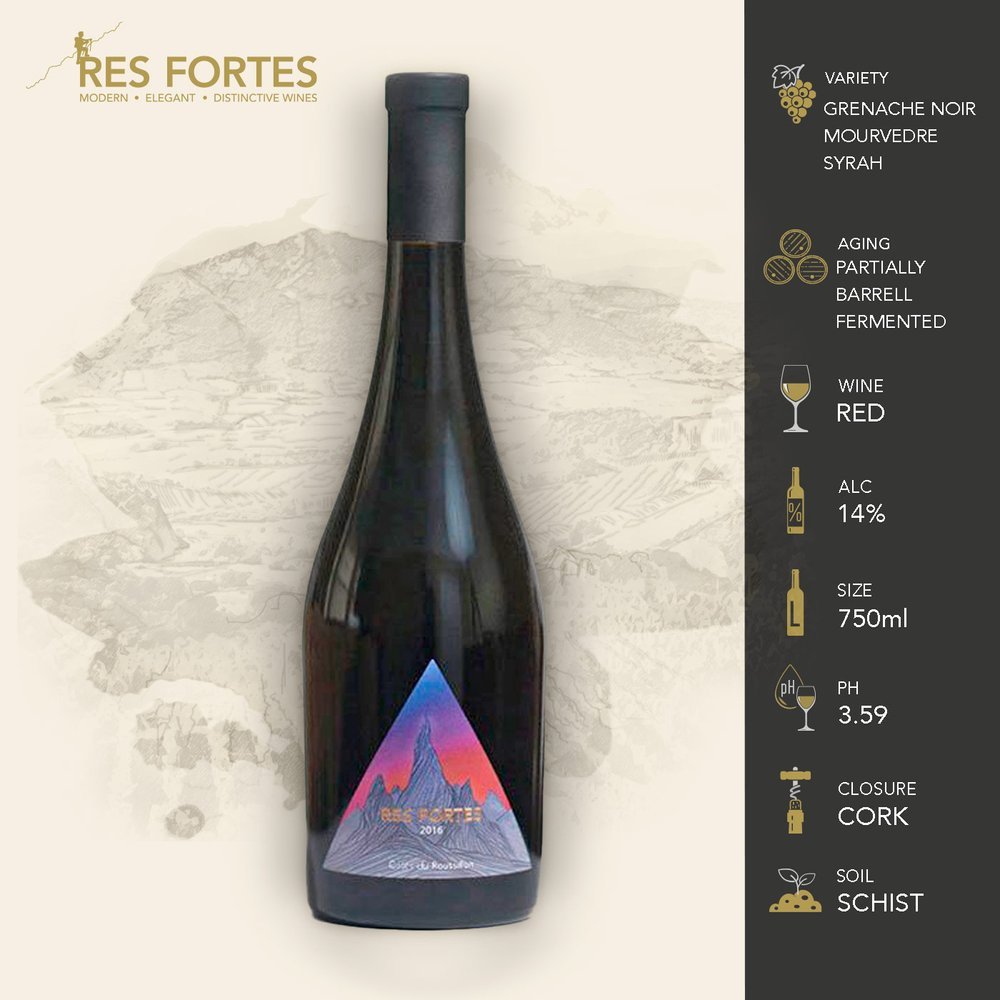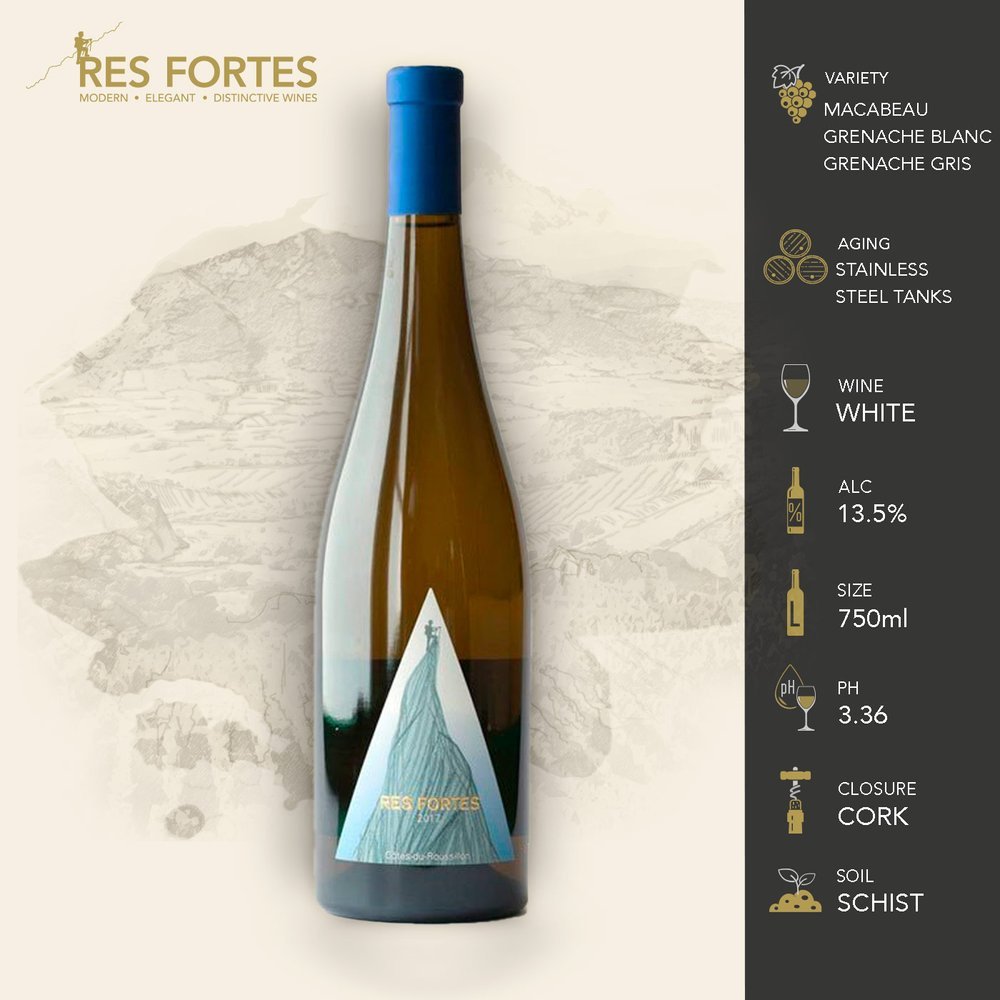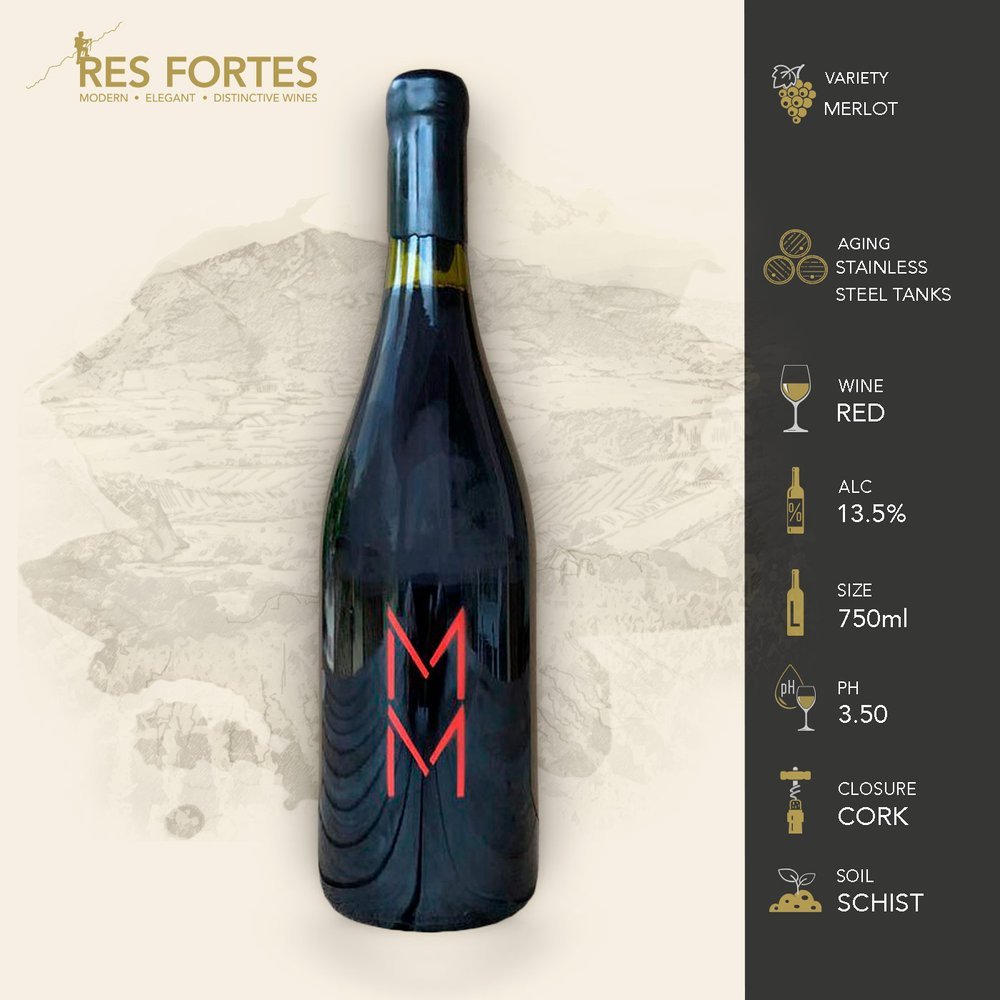Roussillon Wine: The Ideal Gift for Wine Enthusiasts
When it comes to finding the perfect gift for a wine enthusiast, the options can seem overwhelming. With so many different wine regions and varietals to choose from, it can be challenging to select a bottle that will truly impress. However, there's one wine region that often goes overlooked but is a hidden gem for wine lovers: Roussillon.
Nestled in the southernmost part of France, Roussillon is a region that has been producing exceptional wines for centuries. Its unique terroir, rich history, and diverse grape varieties make it a haven for those seeking distinctive and memorable wines. In this blog post, we'll explore why Roussillon wine makes for the ideal gift for wine enthusiasts.
The Rich Heritage of Roussillon
Roussillon's wine-making history dates back to the Roman era, making it one of the oldest wine-producing regions in France. Its vineyards are perched on sun-drenched slopes, benefiting from the Mediterranean climate and the cooling influence of the nearby Pyrenees Mountains. This unique combination of geography and climate creates the ideal conditions for grape growing and results in wines that are truly unique.
Diversity of Grape Varieties
One of the most compelling aspects of Roussillon wine is the diverse range of grape varieties grown in the region. While you may be familiar with well-known French grapes like Cabernet Sauvignon and Chardonnay, Roussillon offers an array of lesser-known and indigenous varieties. These include Grenache, Carignan, Syrah, and Mourvèdre for red wines, as well as Muscat, Grenache Blanc, and Macabeu for whites. Each grape variety imparts its own distinct character to the wine, ensuring that there is something to suit every palate.
A Spectrum of Wine Styles
Roussillon is known for producing a wide spectrum of wine styles, from dry and elegant whites to robust and full-bodied reds. Some of the region's standout wines include:
Côtes du Roussillon Red Blends: These wines often feature a blend of Grenache, Syrah, Mourvèdre, Carignan, and other grapes, resulting in bold and spicy flavors with a rich, velvety texture. These can often be similar stylistically to nearby Châteauneuf-du-Pape wines, however much more affordable.
Banyuls: A sweet, fortified wine made from Grenache grapes, Banyuls offers a delightful combination of dark fruit, chocolate, and nutty notes. It's an excellent choice for dessert or pairing with cheese.
Collioure: This seaside appellation produces vibrant and mineral-driven white wines that are perfect for seafood lovers. They often exhibit flavors of citrus, peach, and briny sea air.
Affordable Luxury
Roussillon wines, despite their exceptional quality and unique characteristics, remain relatively affordable. This affordability makes them an attractive option for gift-givers, allowing you to present a thoughtful and high-quality gift without breaking the bank.
Supporting Sustainable Practices
Many Roussillon winemakers, such as Res Fortes, have embraced sustainable and organic farming practices. By choosing Roussillon wine as a gift, you're not only giving a delicious bottle but also supporting environmentally responsible wine production.
Presentation Matters
When gifting Roussillon wine, presentation can make all the difference. Consider packaging the bottle in a beautiful wooden box or pairing it with some artisanal chocolates or gourmet cheeses. Adding a personal touch, such as a handwritten note or a wine-related accessory like a corkscrew or wine stopper, can enhance the overall gift experience.
In Conclusion
For wine enthusiasts, the world of wine is a vast and exciting one, filled with endless possibilities. When you're searching for the ideal gift that will truly impress, consider Roussillon wine. Its rich heritage, diverse grape varieties, range of wine styles, affordability, and commitment to sustainability make it a standout choice. Whether you're gifting a bottle of bold red wine or a delicate white, Roussillon wine is sure to delight the wine lover in your life and leave a lasting impression. So, the next time you're looking for that perfect gift, look no further than the hidden gem of Roussillon. Cheers to the joy of giving and savoring exceptional wines!




































